Every Writer Should be a Reader
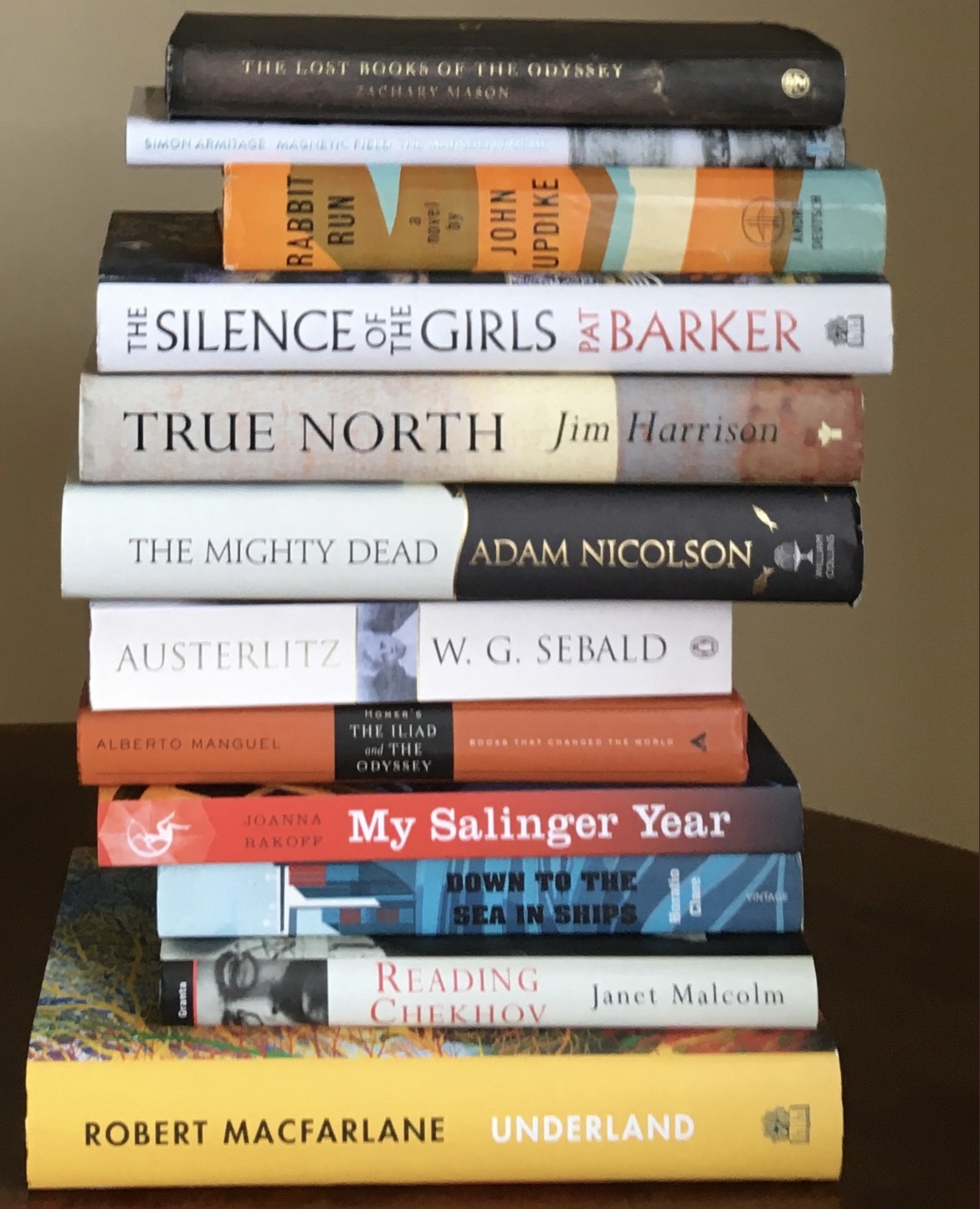
It is possible to be a writer without ever having read a book, of course it is. Some people don’t have access to books at home and don’t gain a reading habit early on in life – one of the reasons I believe public libraries are so important in our communities. Some young people don’t get on with the books on the curriculum, or see reading as ‘not for them’. There are many, many, reasons why people don’t get into books. I taught English literacy at a local tech college for a bit and was amazed how many adults had difficulties with literacy. There were two classes running, both of which were at capacity. There were people who had undiagnosed dyslexia when they were at school, people who had missed school due to illness and people who had moved from place to place with their parent’s job (often a Father in the military), as well as a range of people who had other reasons for being in the class. They all wanted to be able to read and write proficiently so they weren’t disadvantaged, and were able to express themselves.
Being a reader has many advantages, according to the Books Trust, especially for children and young people: better development and cognitive ability, better general knowledge of the world, better language development, better empathy and better creativity, compared to non-readers. As adult readers, who probably learned to love books as children, we still benefit from our reading by reducing stress, expanding our vocabulary and our knowledge, increasing our focus and concentration as well as improving our analytical skills.
Quite apart from anything else, if you want people to read your books, then it is beholden on you to read other author’s work. Read widely across genres, even books that might not be your ‘cup of tea’. You will undoubtedly find something to interest and inform you. Other people’s writing provides inspiration for our own. An interesting fact might provide an area for investigation; a journey described might spark us to research a particular place; an historical character might be especially interesting to us. There are numerous ways in which our own writing might be inspired and enriched by reading. I have a friend who only reads non-fiction when working on her own fiction writing; another friend eschews reading altogether when writing, apart from research for her own novels. I tend to read to de-stress and divert myself, so am happy to read pretty much anything when I’m writing!
We should not be worried about plagiarism, or make any concerted effort towards pastiche. The fact is that our work will always be based on our experiences to a large degree – even in fantasy, magical realism or Science Fiction – we cannot help bring ourselves into what we imagine and what we ultimately write. We are all a sum of the whole and so is our writing. All we have ever read is stored somewhere in our memory banks and will inform what we write and how we write. The uniqueness is bought about by our own distinct personalities and set of experiences, which make up our lives. Even if we all read the same few thousand books in our lives, we would still never write the same stories in the same ways, because we each respond uniquely to the stimulus of reading a particular book. We all take different things from the same story and emphasise and retain different information from the next person.
Reading in your own genre will give you an idea of what’s popular, what sort of subjects might be covered and what the average length of a book might be. It will show you the books that break the rules. A look at the best seller lists will give you a flavour of what’s selling well. Even if you have no aspirations to be a top selling author and want to write ‘literary’ fiction, reading some of the popular fiction will not harm your writing. If you do intend to write genre fiction like romance or crime, it will be of benefit to you to know what’s out there and who your competition is. There are enough readers to go around. I read approaching a hundred books a year, even if you halve that and multiply it by the number of adult readers in the UK, that’s a lot of books being read – lot of books needing to be written.
I’m a poet – as well as a writer of fiction and non-fiction- for my sins. Poetry books don’t sell well, because typically people don’t buy much poetry. The only people reading poetry might be other poets, which is not a bad thing, I suppose, though a wider audience would be nice. If you write poetry, please read it. Buy books, buy journals, see what’s out there.
For me, the writing community is a supportive one. We are not competitors, but champions, boosting other writers. There are enough readers to go around, enough diversity of books for everyone to get a shot. So, give other writers the respect they deserve and be a reader too. I guarantee it will inspire and inform your own writing and hopefully another writer out there will be a reader of your work too.
1 comment
Leave a Reply Cancel reply
This site uses Akismet to reduce spam. Learn how your comment data is processed.
Author
webadmin@debbiemross.co.uk
Related posts
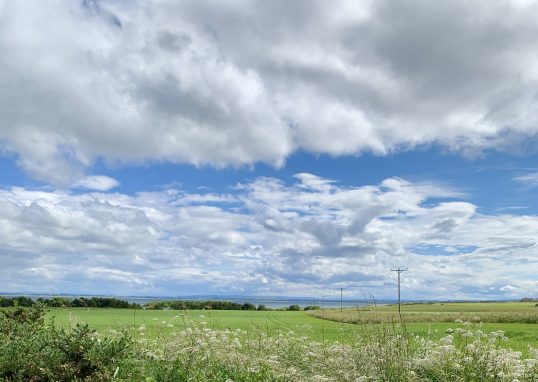
The Nature Effect
‘Perhaps nature really does affect you that way.’ A comment scrawled in red on my second-year English essay. I can’t remember what...
Read out all
Writing Rainbows
I have always loved rainbows. When I was a teenager I had a rainbow poster, and when I went to college I...
Read out all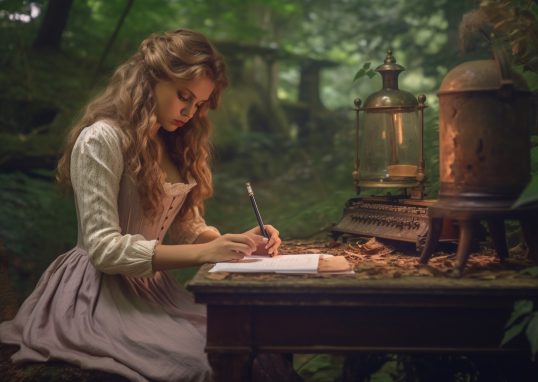
A Month of Poetry
I haven’t done it every day, but aiming to write 30 poems in 30 days is an interesting challenge to try, and seeing other peoples’...
Read out all
Musings on a Writing Life
Ten years ago I wouldn’t have had the nerve to write about writing, despite being a life long writer. I don’t make...
Read out all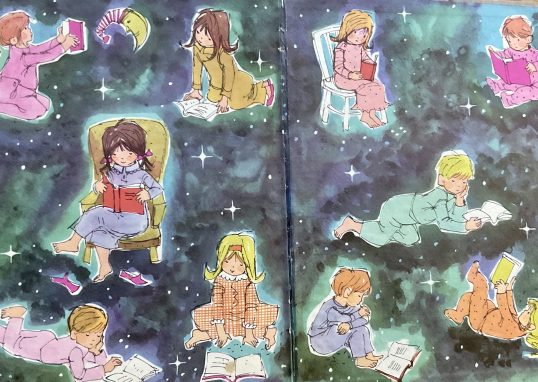
We Are All Storytellers
I am privileged to know a lot of creative people: writers, artists, musicians and makers of all sorts. My belief is that we...
Read out all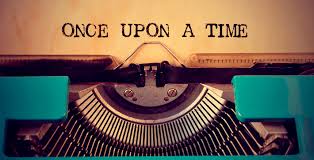
Progress of a Novel
Words written so far this week: 500. Don’t laugh, or pity me for that matter. That’s fine. It’s something more than nothing...
Read out all
Totally agree. Having never been much of a reader when I was young (and even now, I’m not much of one), I do find it worthwhile to read my intended genres.